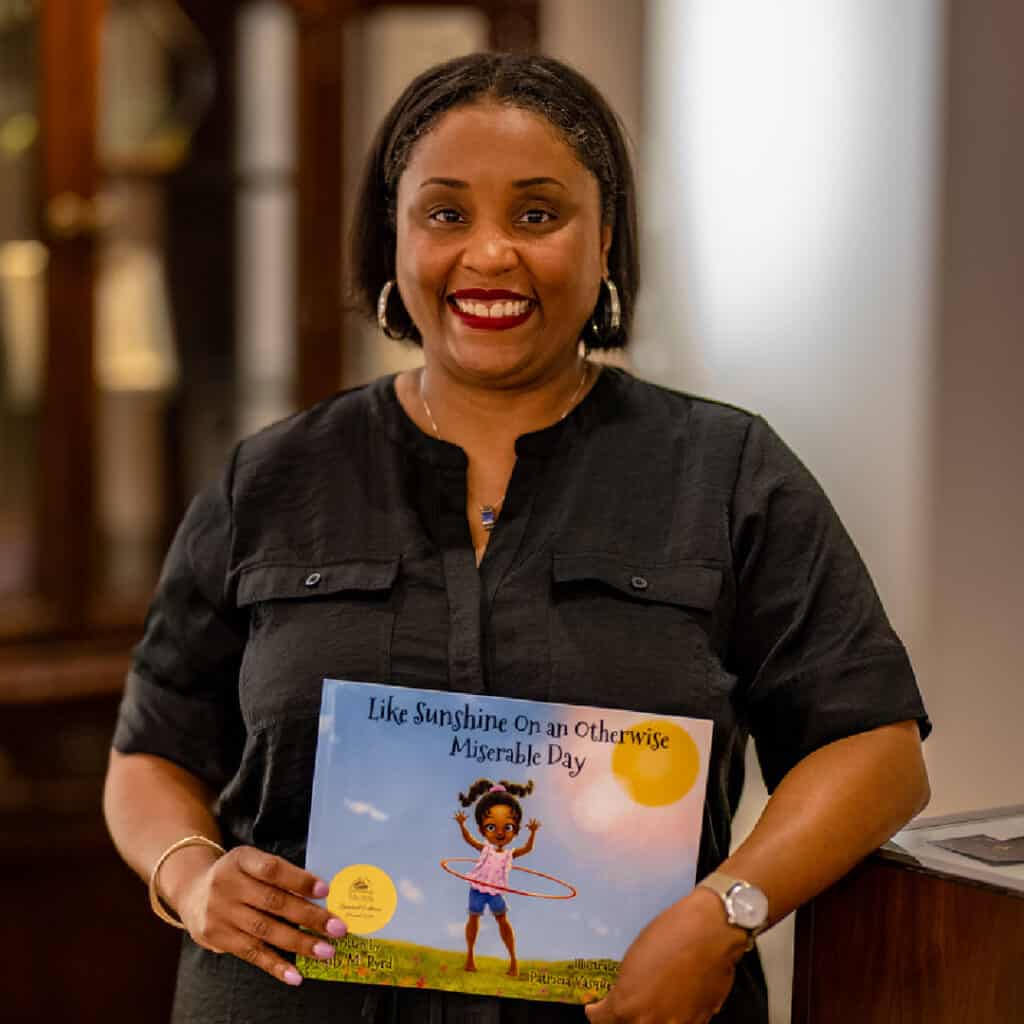Literacy is foundational. Reading and writing skills influence every part of a child’s life from the time they enter school. And while literacy is often discussed as a part of a child’s educational years, it’s imperative that good literacy skills are developed to help a child thrive throughout their lifetime.
When students develop strong literacy skills, they grow a better ability to analyze and comprehend information. That ability directly impacts their performance within the classroom, but it also affects them outside of school as well. Fostering literacy encourages students to actively participate in their education and learning, eventually resulting in a better educational outcome overall.
Literacy skills are often lacking in the United States, which is why it’s so important to start focusing on literacy at a young age. Around one in three low-income students have no books at home. Additionally, around one in six who aren’t reading at a proficient level by third grade will not graduate on time.
For individuals with low literacy, there is an increased risk of unemployment, need for welfare programs, and incarceration. Among this population, approximately 50% don’t have a job, and around 43% live in poverty.
Building a love for reading and writing at an early age is an important part of improving students’ lives now and well into the future. But, how can we work together to do it? Read on to learn more about building literacy skills with students and how all school professionals can work to be strong advocates within their communities.
The Importance of Literacy Among Students
Literacy is important because it enables students to comprehend information, think critically, and communicate effectively in various contexts. When students can’t read or write effectively, they’ll fail to grasp and understand important concepts that are necessary for testing and reaching milestones in the classroom. With better literacy, students have the ability to understand more effectively, helping them get better grades and improving the likelihood of succeeding in educational achievements.
Literacy is also about more than just obtaining higher test scores and passing on to the next level. Good literacy skills help children in all aspects of their lives, whether that is something as simple as reading street signs to avoid getting lost or being able to share the joy of reading books at home. Reading and writing skills allow children to feel connected to stories, giving them an escape, education, or entertainment that can significantly impact their imaginations, critical thinking skills, and more.
How Can School Professionals Support Literacy?
As a school professional, you have the ability to make a huge impact on students individually, whether you work as a teacher, paraprofessional, or speech-language pathologist. When students see themselves in the stories they have access to, it helps them better connect with the literature. Try these top strategies to help support reading and writing in the classroom.
Start by getting children interested before reading or writing begins. Talk about the topic, and get excited about what you’re going to do next. Then, consider implementing a lesson on vocabulary. Reading and writing are foundational, but students may need extra support with new words, even if they’ve heard them in speech before. Define words as you go if students have questions, and use body language and facial expressions to help the new vocabulary stick.
Another step you can take to make reading more interesting to students is highlighting books that reflect the student body. Choose favorites as well as those reflective of the community to get children interested. Don’t forget to try supporting dual-language learners with books and readings in their native language and the second language. Reading the story first in a native language before English helps with vocabulary, understanding, and comprehension.
Place an additional focus on varying content. Sometimes, reading doesn’t have to involve long novels or stories. Some students may enjoy reading the news, blogs, or articles. Finding a niche that students love can fire up their interest in reading and help them take an active role in building their skills.
Within the same realm, you can increase reading without books by using visual aids in the classroom. Printed visual aids require reading but have images to help explain core concepts. These kinds of aids can be easier to understand when children already struggle with literacy skills.
Finally, introduce a classroom library and start making reading fun. Setting up a small library of popular books or donated literature can make it easier for students to access reading materials. With easy access to books they love, you’ll find that literacy doesn’t always have to be a challenge.
These are only a few of the ways to support literacy in the classroom. Whether you choose to add 20 minutes of writing to your lessons or add visuals around the classroom to drive home core concepts, every little bit helps students become better readers and writers.
Dr. Kelly Byrd and Love for Literacy

One of SHC’s speech-language pathologists, Dr. Kelly Byrd, has been recognized as the 2024 ASA National Staffing Employee of the Year for her work as a literacy advocate. She currently runs a local organization, Love for Literacy, with an eye toward the future.
Dr. Byrd has a long history of working to support literacy as a speech-language pathologist; she has written a children’s book, founded a non-profit, and worked within local public schools for over a decade. She believes that a child’s ability to read is deeply and inherently connected with their identity, which is why she has dedicated her career to supporting literacy efforts within this community.
Supplemental Health Care has donated hundreds of books to schools and readers as a part of Family Literacy Day in an effort to promote literacy among students. Our dedicated Schools division also believes in developing more diverse libraries and representing underserved communities in classrooms, libraries, schools, and at home. By working together, SHC believes that it’s possible to make an impact and improve the lives of the students everywhere.
search content